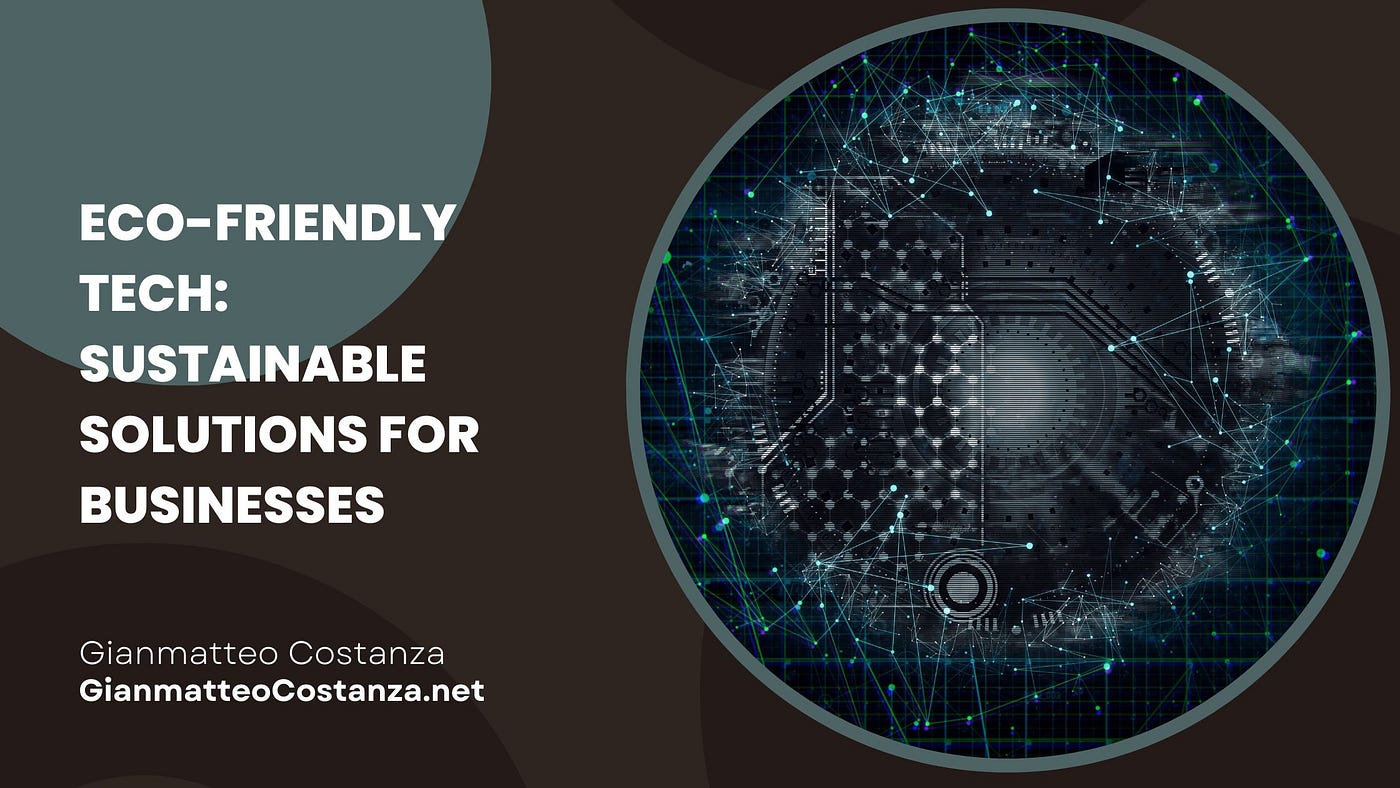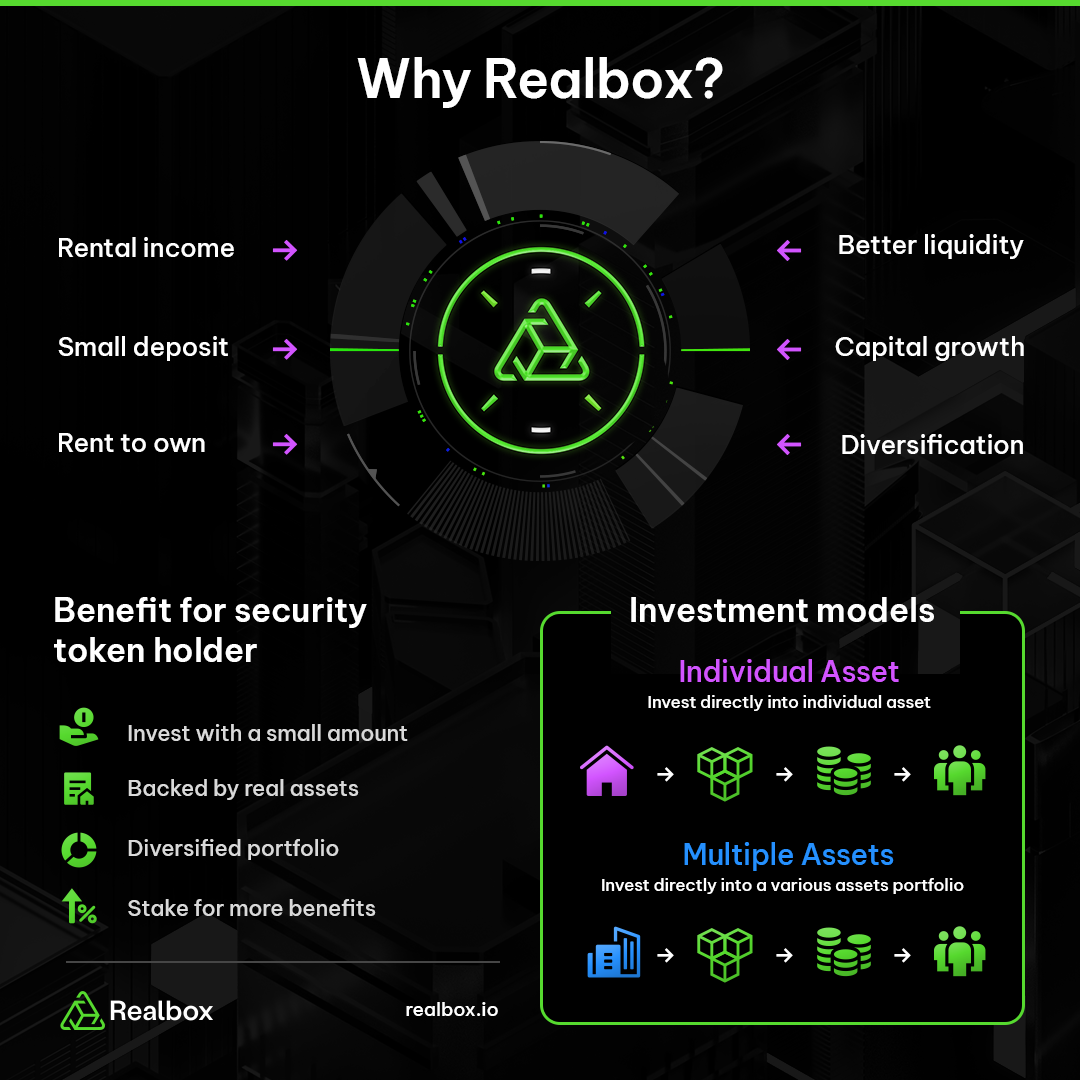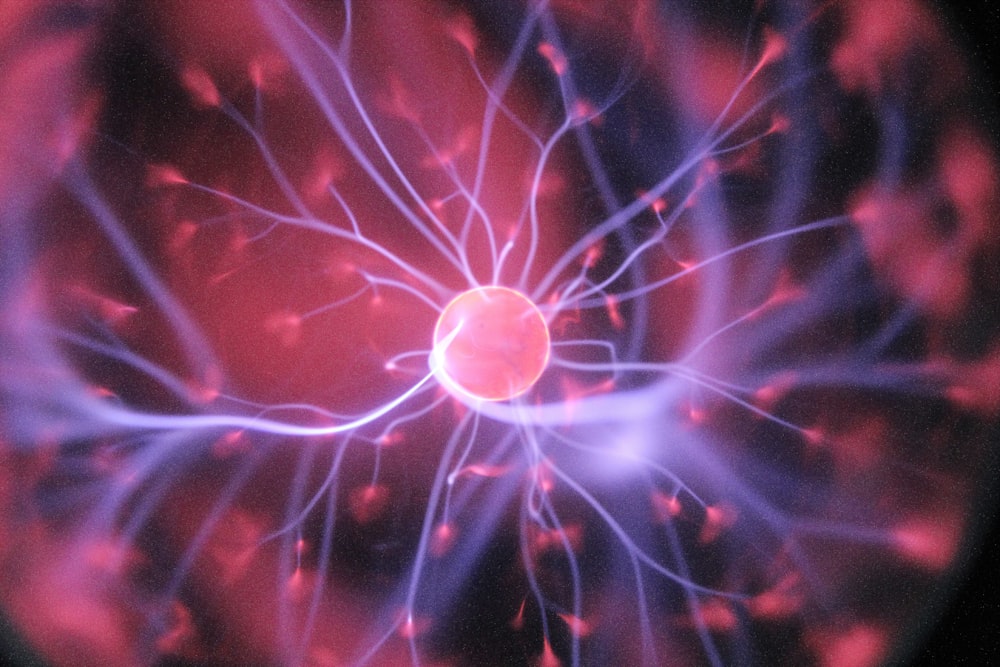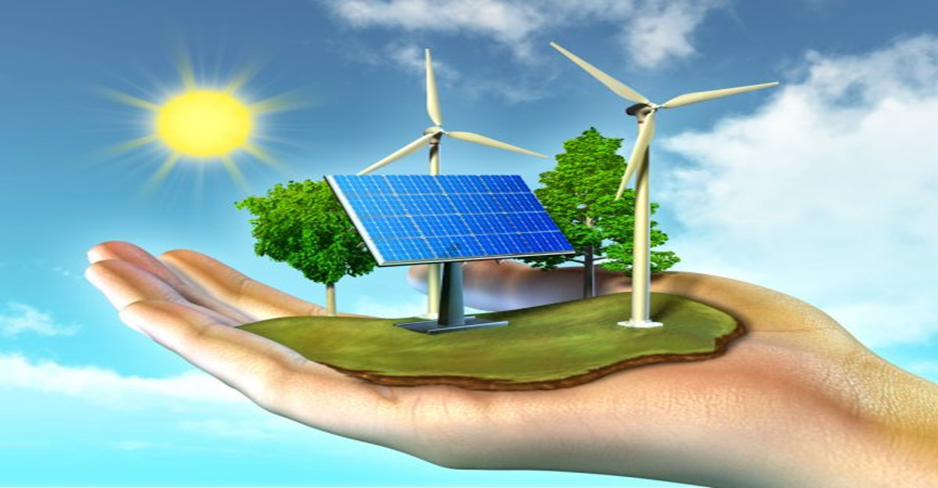Revolutionizing Hydrogen Production: The H2 Electrolyzer
The Role of H2 Electrolyzer in Clean Energy
The H2 electrolyzer stands at the forefront of clean energy innovation, offering a sustainable solution for hydrogen production. Unlike conventional methods that rely on fossil fuels, the H2 electrolyzer utilizes electricity to split water molecules into hydrogen and oxygen gases, producing clean hydrogen fuel without any harmful emissions. This technology plays a crucial role in the transition towards a low-carbon economy, offering a renewable alternative to traditional hydrogen production methods.
Understanding Electrolysis Process
At the heart of the H2 electrolyzer is the process of electrolysis, which involves passing an electric current through water to facilitate the separation of hydrogen and oxygen atoms. The electrolyzer consists of two electrodes immersed in an electrolyte solution, typically water or a dilute acid or base. When electricity is applied, hydrogen gas is produced at the cathode, while oxygen gas is generated at the anode. This simple yet powerful process provides a clean and efficient way to produce hydrogen from water, using renewable electricity sources such as solar or wind power.
Advantages of H2 Electrolyzer
The H2 electrolyzer offers several advantages over conventional hydrogen production methods. Firstly, it enables the production of hydrogen from renewable energy sources, such as solar and wind power, reducing dependence on fossil fuels and minimizing carbon emissions. Additionally, the modular design and scalability of electrolyzer systems make them suitable for a wide range of applications, from small-scale distributed generation to large-scale industrial production. Moreover, electrolyzers can provide grid-balancing services by absorbing excess renewable energy during periods of high production and converting it into hydrogen for later use.
Applications Across Industries
The versatility of the H2 electrolyzer makes it suitable for a variety of applications across industries. In the transportation sector, hydrogen fuel cell vehicles powered by electrolyzer-produced hydrogen offer a zero-emission alternative to conventional internal combustion engines, providing a clean and sustainable mobility solution. In the industrial sector, electrolyzers can be used to produce hydrogen for various applications, including ammonia production, petroleum refining, and chemical synthesis. Additionally, electrolyzers can play a crucial role in energy storage and grid stabilization, providing a means to store excess renewable energy for use during periods of high demand or low production.
Technological Advancements Driving Efficiency
Advancements in electrolyzer technology are driving improvements in efficiency, reliability, and cost-effectiveness. Manufacturers are developing innovative electrolyzer designs, materials, and manufacturing processes to enhance performance and reduce production costs. Proton exchange membrane (PEM) electrolyzers, in particular, offer high efficiency and fast response times, making them well-suited for dynamic applications such as grid stabilization and renewable energy integration. Additionally, research efforts focused on improving catalysts and electrode materials are further enhancing the efficiency and durability of electrolyzer systems.
Challenges and Opportunities
Despite the significant progress made in electrolyzer technology, several challenges remain to be addressed. One key challenge is the high upfront capital cost of electrolyzer systems, which can limit their widespread adoption. However, declining costs of renewable energy sources and supportive government policies are expected to drive down the overall cost of hydrogen production in the coming years. Moreover, technological advancements and economies of scale are likely to further reduce the cost of electrolyzer systems, making them more competitive with conventional hydrogen production methods.
Conclusion
The H2 electrolyzer represents a transformative technology in the transition towards a sustainable energy future. By harnessing renewable energy sources to produce clean hydrogen fuel, electrolyzers offer a viable solution for decarbonizing various sectors of the economy, including transportation, industry, and energy generation. With ongoing advancements in electrolyzer technology and supportive policies driving investment in renewable energy infrastructure, the future looks promising for the widespread adoption of electrolyzer-based hydrogen production.
H2 electrolyzer technology is revolutionizing hydrogen production, offering a sustainable solution for clean energy. Explore the possibilities and opportunities of H2 electrolyzer technology and join the movement towards a greener future.




























